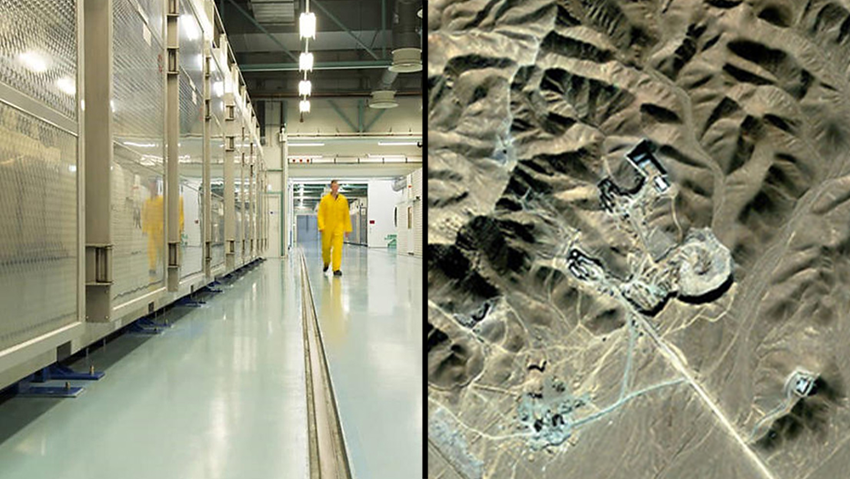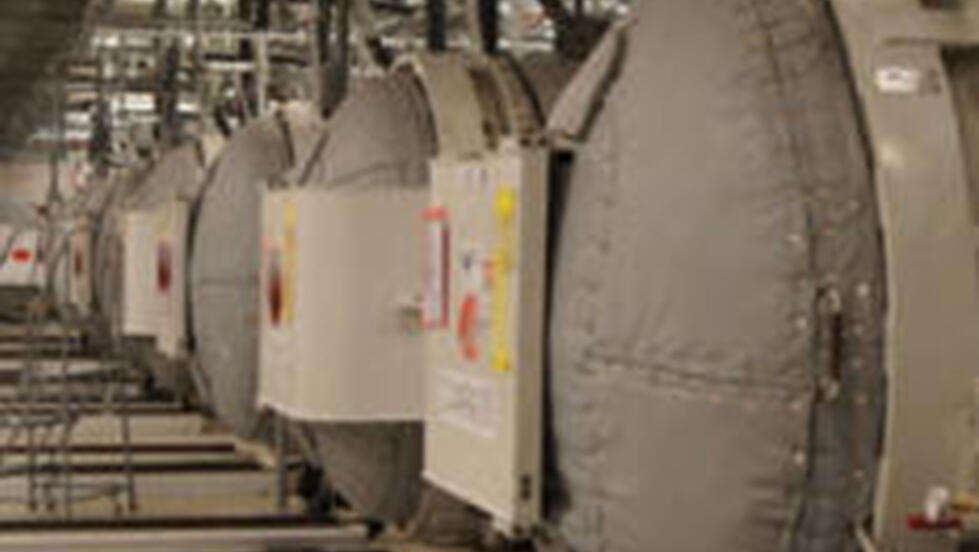Getting your Trinity Audio player ready...
International Atomic Energy Agency (IAEA) inspectors, returning from a visit to Iran's nuclear facility, warned Wednesday that Tehran is on a fast track toward bomb-making.
The Fordow facility, nestled within a mountain at the edge of Iran's vast southeastern desert, is a fixed destination for inspectors from the IAEA. According to The Washington Post, during their last visit in February, they noted worrying signs indicating a significant shift.
At the facility, which ceased uranium enrichment after the signing of the nuclear deal in 2015, inspectors witnessed suspicious activities: recently installed equipment, uranium enrichment happening at a faster pace than usual, and an expansion that could soon double the plant's output. More alarmingly, Fordow increased production of the more dangerous form of nuclear fuel - highly enriched uranium.
Iranian officials responsible for the facility have openly discussed achieving "nuclear deterrence," claiming Tehran now has everything it needs to build a bomb if it chooses to.
The transformation of the nuclear facility reflects changes seen in other facilities across the country. Six years after Trump's government decided to pull out of the nuclear agreement, all restraints have been gradually removed. According to official sources and experts, Iran is steadily nearing weapon-grade nuclear production.
While Iran claims it has no plans to produce nuclear weapons, international inspectors believe it now has a supply of highly enriched uranium capable of producing at least three bombs within a timeframe ranging from a few days to a few weeks.
Experts estimate that the preparation of a crude nuclear device could occur within six months of a decision while overcoming the challenges of building a deliverable nuclear warhead via missile could take two years or more. Iran recently requested to enrich some of its high-level enriched uranium, indicating, according to U.S. officials, a desire to avoid conflict by imposing self-restraint.
In practice, Fordow's machines are churning out highly enriched uranium at a faster pace than ever, and the country's combined stockpile of uranium fuel continues to grow.
Interviews conducted by The Washington Post with senior IAEA officials at their headquarters in Vienna, as well as with more than a dozen current and former American intelligence and security officials, reveal a consensus that Iran is advancing cautiously but steadily toward nuclear weapon production, amassing the means for future production without taking any overt steps.
The collapse of the nuclear agreement has significantly limited the IAEA's ability to monitor Iran's activities or investigate any reports of clandestine weapons activity. An American official familiar with internal deliberations at the IAEA's board of governors said the agency's ability to detect an "Iranian nuclear breakout" has been "compromised for now."




